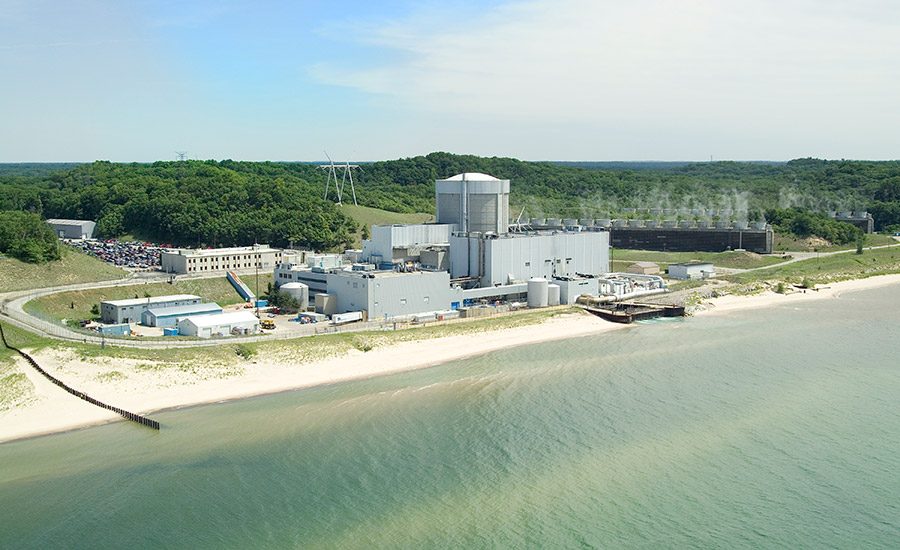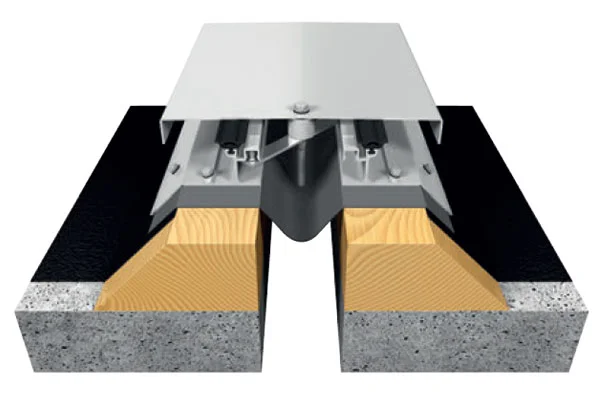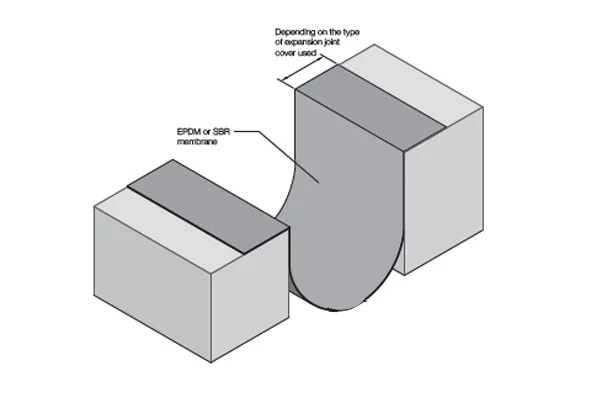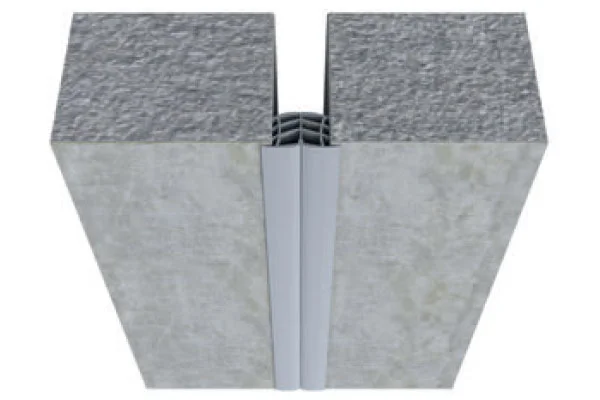
The federal Nuclear Regulatory Commission has approved key actions that will enable restart of the 800-MW Palisades nuclear power plant by the end of this year—including fuel reloading—which could make it the first decommissioned facility in the U.S. to return to operation.
The Covert, Mich., pressurized-water reactor that opened in 1971 shut down in 2022. Previous owner Entergy then sold it to Holtec International for decommissioning as part of its strategy to exit the nuclear power sector beginning with the sale of the 620-MW Vermont Yankee plant in Vernon, Vt., in 2013.
With Trump administration support for expanded nuclear power, the U.S. Energy Dept. approved last year up to a $1.52-billion loan guarantee for the Palisades restart. Also seeking to restart by 2027 is one unit of the former Three Mile Island nuclear plant in Pennsylvania, shut down in 2019 and now owned by Constellation Energy, which last year reached a 20-year data center power supply deal with tech giant Microsoft.
As part of an administration-declared “energy emergency,” U.S. Energy Secretary Chris Wright also ordered, on Aug. 21, that the J.H. Campbell coal-fired power plant in West Olive, Mich., not close as planned but continue to operate through November, in the second extension. In a lawsuit against the extension filed earlier, Michigan Attorney General Dana Nessel (D) claimed state authority to oversee power generation, challenged federal claims of an immediate power shortage and said state utility regulators and regional grid operator MISO agreed to the plant shutdown.
Holtec, which was overseeing Palisades decommissioning, gained commission approval in July to load fuel at the plant and a relicensing to extend operation. A May 2025 commission environmental assessment concluded that restarting the plant would have “no significant impact” on the human environment.
But there is opposition to the proposed reopening. Responding to the environmental assessment, opponent group Beyond Nuclear says restarting the plant, which is located along Lake Michigan, is dangerous. Commission staff “has determined there are no significant hazards to consider,” says Kevin Kamps, a group spokesman. “How about the future well-being of the Great Lakes Basin—21% of the entire planet’s surface fresh water?” He also noted added risk to aquatic species.
“There are no fast tracks or shortcuts in nuclear power. We are doing a thorough job,” said Nick Culp, a Holtec spokesperson at a recent community meeting. “When Palisades comes back on line, safety and reliability will be key.”
From Decommissioning to Restart
According to Holtec, crews have been disassembling and inspecting the plant’s main generator, performing maintenance on key turbine valves and testing blades. Inside the reactor, initial welding has been completed on replacement reactor vessel closure head nozzles, an important plant reliability upgrade, the company says.
Steam generator rehabilitation is also advancing, using an industry-proven tube sleeving method, to be followed by secondary-side cleaning, sludge removal and passivation of the reactor coolant system to prevent corrosion and ensure longevity of steam generator tubes.
But at an Aug. 21 subcommittee meeting of the Nuclear Regulatory Advisory Committee on Reactor Safety, a congressionally mandated independent group of recognized experts, engineer Arnold Gundersen, who has worked in the nuclear sector for more than 50 years, said steam generators at the Palisades plant have degraded to the point that they are unsafe, unreliable and need to be replaced, not remediated.
“Holtec wants to put a Band-Aid fix on the Palisades steam generators to hold them together. But Band-Aids are useless since the steam generators are gangrenous. A complete steam generator replacement is necessary,” he said. Never have I been more concerned about the safety of a nuclear plant than I am about the planned ‘resurrection’ of Palisades.”
Holtec plans to build small modular reactors (SMRs) that it says would minimize public safety and environmental risks. The firm has proposed two of its SMR-300 models, but federal certification “has not happened yet and licensing for construction and operation also has not begun,” Kamps told ENR. “We fear breakdown phase risks at the restarted zombie reactors, such as steam generator tube failure that can lead to catastrophic core meltdown.”
Members of the American Nuclear Society have generally praised the decision to restart the facility using small modular reactor technology.
In 2024, when the restart plan was approved, Kenneth Petersen, its then-president, said “premature loss” of 800 MW of carbon-free energy due to Palisades closure had led to more natural gas consumption. “Repowering Palisades would restore Michigan’s air quality to pre-shutdown levels and help a backsliding Michigan achieve carbon neutrality for its electricity consumption by 2040.” he said.








